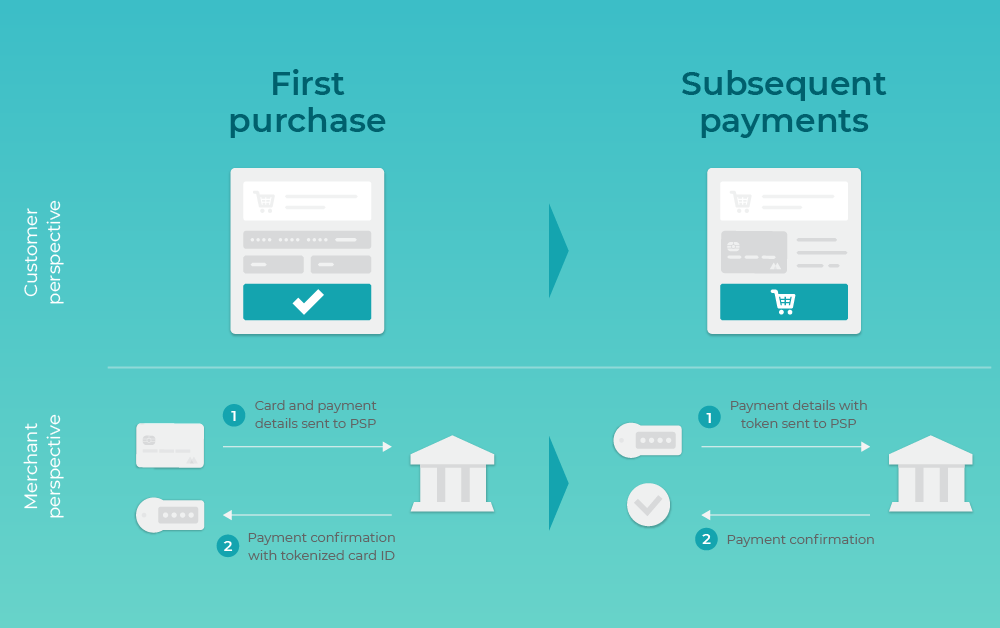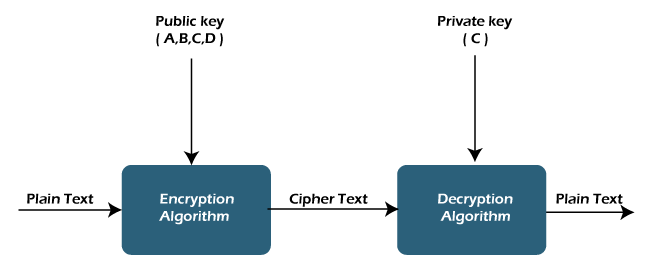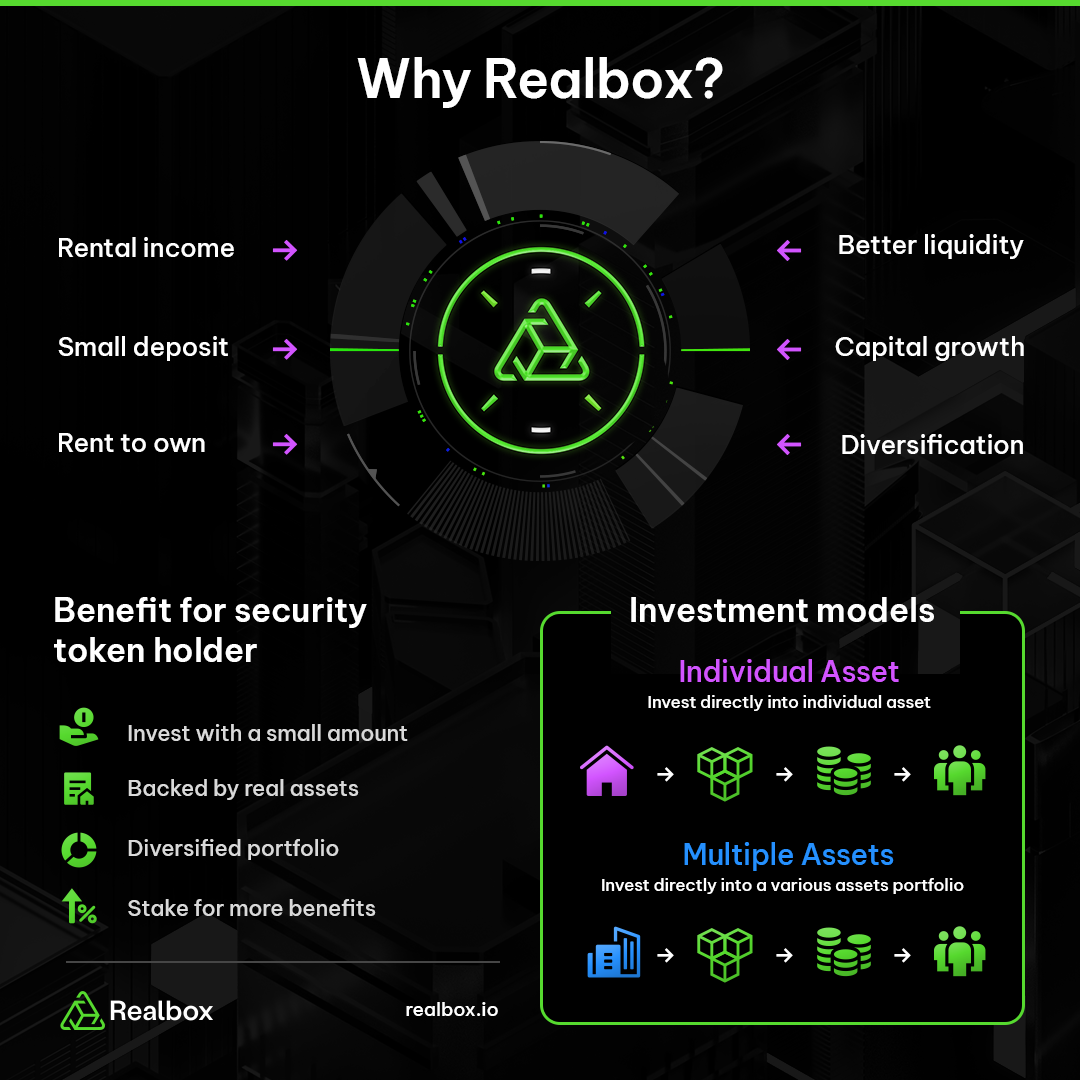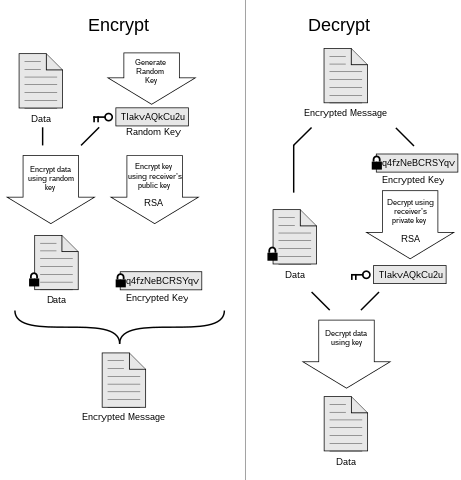
Blockchain Confidentiality: Safeguarding Data in the Digital Ledger
Blockchain technology, known for its transparency, also provides robust solutions for data confidentiality. This article explores how blockchain ensures data confidentiality and why it has become a trusted mechanism in securing sensitive information.
Transparent Foundations and the Need for Confidentiality
Blockchain’s inherent transparency is a defining feature, making all transactions visible to participants in the network. However, certain information demands confidentiality, especially in business and sensitive transactions. Blockchain addresses this need by employing cryptographic techniques to safeguard data while maintaining the integrity of the overall system.
Cryptography in Blockchain: Ensuring Confidentiality
Cryptography plays a pivotal role in ensuring data confidentiality on the blockchain. Through the use of public and private keys, participants can encrypt and decrypt data, restricting access to authorized parties. This cryptographic layer adds a level of confidentiality that goes beyond the open nature of the blockchain.
Private and Permissioned Blockchains: Tailoring Access Controls
To address specific confidentiality requirements, private and permissioned blockchains have emerged. In private blockchains, access is restricted to a predefined group of participants, ensuring that sensitive data is shared only among authorized entities. Permissioned blockchains allow for finer control over who can participate in the network and access certain data.
Zero-Knowledge Proofs: Enhancing Confidentiality Further
Zero-knowledge proofs, a cryptographic concept, enhance data confidentiality by allowing one party to prove knowledge of specific information without revealing the information itself. This innovation enables secure transactions and interactions on the blockchain while preserving the privacy of sensitive data.
Smart Contracts and Confidentiality Agreements
Smart contracts, while executed on a transparent blockchain, can be designed to uphold confidentiality agreements. By automating and enforcing predefined rules, smart contracts facilitate confidential transactions, ensuring that sensitive data is shared and processed securely within the terms of the agreement.
The Role of Consensus Mechanisms in Confidentiality
Consensus mechanisms, fundamental to blockchain, contribute to data confidentiality. By ensuring that all participants agree on the validity of transactions, consensus mechanisms provide a layer of trust. This trust is crucial in confidential transactions, assuring participants that their sensitive data is handled with integrity and security.
Confidentiality Challenges and Solutions
While blockchain excels in data confidentiality, challenges such as scalability and regulatory compliance persist. Scalability solutions, including layer-two protocols, are actively developed to address these concerns. Additionally, ongoing collaborations with regulatory bodies aim to establish frameworks that balance confidentiality with legal and compliance requirements.
Industry Applications: From Finance to Healthcare
Blockchain’s capabilities in ensuring data confidentiality find applications across various industries. In finance, confidential financial transactions are facilitated securely. In healthcare, patient data can be stored and shared with authorized parties without compromising confidentiality. These applications underscore the versatility of blockchain in safeguarding sensitive information.
Future Innovations: Advancing Confidentiality on the Blockchain
The future of data confidentiality on the blockchain holds promise for continued innovation. Advancements in privacy-focused technologies, ongoing research into confidentiality-preserving algorithms, and industry-wide collaborations will contribute to further strengthening the confidentiality aspects of blockchain technology.
Explore Data Confidentiality on the Blockchain at www.itcertswin.com
For a more in-depth exploration of how blockchain ensures data confidentiality and its applications across industries, visit www.itcertswin.com. Discover resources, stay updated on blockchain developments, and gain a comprehensive understanding of the evolving landscape of data confidentiality.
In conclusion, blockchain technology, known for its transparency, has evolved to meet the demands of data confidentiality. As businesses and industries increasingly recognize the importance of securing sensitive information, blockchain stands as a reliable and innovative solution, fostering trust and privacy in the digital age.





















